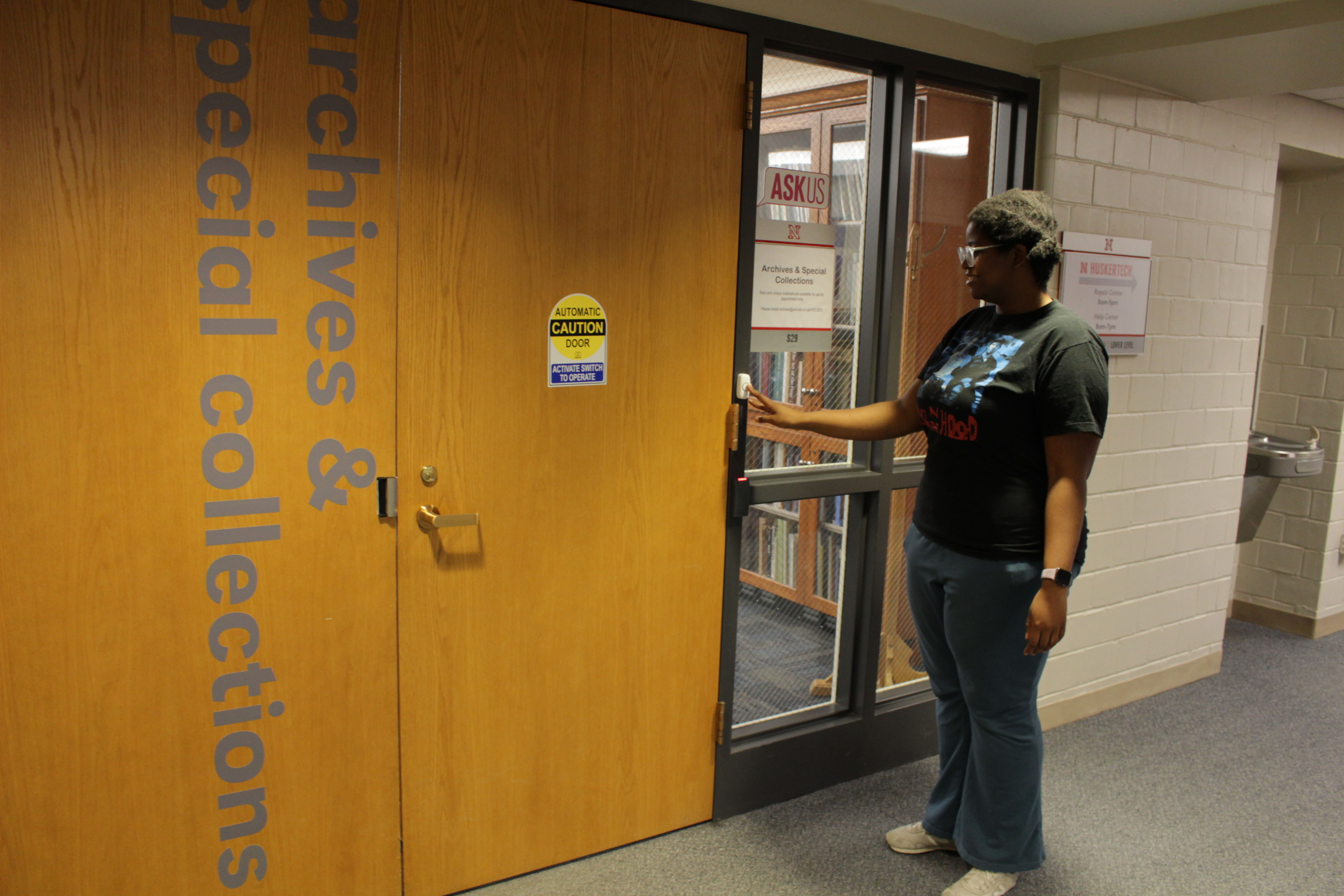Getting Started
Welcome to Archives & Special Collections! Read on to learn how to use our collections and how we can help you.
Need help getting started? We are here to help you! Contact us with your questions about conducting research using archival collections and rare books.

How to Get Started
Secondary Sources
Before you begin research in Archives & Special Collections, discover dates, names, places, events, or other facts related to your topic using secondary sources such as:
- books
- articles
- newspapers
- encyclopedias
These details will help you narrow your topic and make it easier to search for useful information in our collections.
Footnotes and Bibliographies
As you are conducting background research, pay attention to footnotes and bibliographies. They may cite sources you will want to explore.
Relevant Sources
Once you have narrowed your topic and noted key facts, you can begin searching for relevant sources.
What We Have
As an archive, we are the official repository for the University of Nebraska-Lincoln’s records. These include documents and photographs of permanent historical or legal value that relate to the University’s campuses:
- administration and development
- student activities
- teaching and research
- involvement in our community and state
Our special collections include manuscript collections and rare books.
Manuscript Collections
Created by people and organizations from outside the University that include:
- letters
- reports
- photographs
- and more!
Rare Books
Considered unique because of factors like:
- who owned them
- who wrote or printed them
- limited editions
- autographed copies
- historical or literary importance
Learn more about our collections and explore digital resources
Remember that other archives may also collect similar materials. For example, you may also need to visit the Nebraska State Historical Society or Lincoln City Libraries Local History Center if you are researching a state or local topic.
Not Everything is Online
While some items have been digitized and are available online, many are not. You can use our contact form to:
- Submit a research question and ask us for help guiding you to the right resources.
- Make an appointment to visit us in person.
Request digital copies. Some items can be scanned for you if you are unable to come to Archives & Special Collections.
How to Search our Collections
Search our archival and manuscript collections to find primary sources.
- Use facts from your background research as search terms.
- For best results:
- search “all record types”
- use a keyword search
- do not include dates
- If your search returns too many results, filter the search results. You may limit the results by:
- date range
- subject from the drop-down list
- additional keyword
- Click on the title of any of the search results to learn more about a collection.
- Skimming Scope and Contents and Biographical/Historical Information will provide a general summary of what the collection is about and information on its creator.
- Also look at the collection dates to determine whether they correspond to your topic.
- Some collections will include inventories under the Navigate the Collection menu on the right side of the page. Browse these to pinpoint folders that may be useful.
- Take note of the following for the materials you are interested in using:
- collection title
- collection identifier number (beginning with RG or MS)
- box number
- Include information about your research topic and what you are hoping to discover, and list the collection title, identifier, and box numbers you are requesting when you contact us to make an appointment.
Rare Books in the Library Catalog
- Use keywords, authors, or titles to search for rare books from Special Collections.
- Click on the title on any of the search results to learn more about a book.
- Our rare books must be used by appointment in the reading room. For some books, alternative copies are available online or for check out.
- To request a book, include its title along with the call number when you contact us to make an appointment.
- It is important to include any prefixes like SPEC Botkin, SPEC Embury, SPEC Sandoz, etc. when noting the call number.
Search books limited to Archives & Special Collections
Tips for Success
- Allow plenty of time for research. Researching in Archives & Special Collections requires detective work and adjusting as you find new leads or reach dead ends.
- Keep notes on the collections, boxes, and folders you have searched. This will help you find items you want to look at again and can help you track what you’ve already investigated if you are working with research partners. You can also use your phone to take pictures of important details, like the collection ID and folder number.
- Consider any time limitations you have when deciding what to request and looking through materials. Begin with the source you think will be most relevant to your topic and expand your research as time allows.
- Often you will not find exactly what you expected. The item you hope to find may never have existed or it may not have become part of our collections. Or, you may learn something about your topic that reshapes the way you think about it.
- Ask questions. We are here to help!